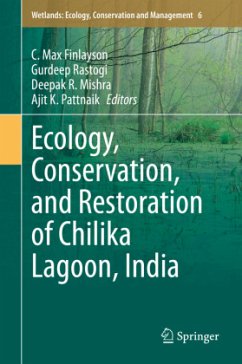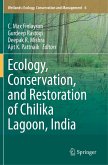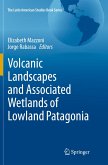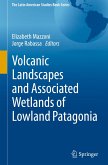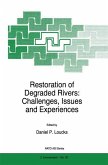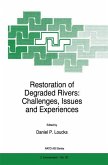This book chronicles the decades-long work of studying, analyzing, and reversing the environmental pressures that threatened India's Chilika Lagoon, the largest brackish-water lagoon in the region, and the second largest in the world. Designated as one of India's first Ramsar Sites in 1981, Chilika Lagoon continued to degrade for a decade longer. Then, the Chilika Development Authority (CDA) was established to gather information and devise a restoration plan that benefits the ecosystems of the lagoon, with sensitivity to the needs and livelihoods of local communities.
Expert contributors detail the work of analysis, planning and implementation, including extensive coverage of such topics as:
Devising a plan for implementing Ramsar wise use guidelines Sedimentologic, chemical, and isotopic impacts Hydrodynamics and salinity Runoff and sediment in watersheds of the Lagoon's Western Catchment Long-term analysis of water quality and continued water quality monitoring Bio-optical models for cyclone impact assessment Studies of geomorphology, land use, and sedimentary environments Spatiotemporal assessment of phytoplankton communities Creation of a post-restoration scenario for fish and fisheries Assessing status of waterbirds, species diversity and migration patterns
The result was a major hydrological intervention to re-establish hydrological and salinity regimes, biodiversity, and fish catches, and help protect the livelihood of lagoon-dependent communities. The story of the rehabilitation and management of Chilika Lagoon demonstrates that it is possible to halt and reverse the encroachment and degradation of wetlands, to restore biodiversity and to provide benefits for large numbers of people.
Ecology, Conservation, and Restoration of Chilika Lagoon goes beyond scientific research articles to explore institutional and governance issues, political ecology, and the Ramsar Convention's guidelines for ecosystem restoration. The book will benefit researchers, wetland managers, government policy makers and more general readers concerned with restoration and conservation of wetlands around the planet.
Expert contributors detail the work of analysis, planning and implementation, including extensive coverage of such topics as:
Devising a plan for implementing Ramsar wise use guidelines Sedimentologic, chemical, and isotopic impacts Hydrodynamics and salinity Runoff and sediment in watersheds of the Lagoon's Western Catchment Long-term analysis of water quality and continued water quality monitoring Bio-optical models for cyclone impact assessment Studies of geomorphology, land use, and sedimentary environments Spatiotemporal assessment of phytoplankton communities Creation of a post-restoration scenario for fish and fisheries Assessing status of waterbirds, species diversity and migration patterns
The result was a major hydrological intervention to re-establish hydrological and salinity regimes, biodiversity, and fish catches, and help protect the livelihood of lagoon-dependent communities. The story of the rehabilitation and management of Chilika Lagoon demonstrates that it is possible to halt and reverse the encroachment and degradation of wetlands, to restore biodiversity and to provide benefits for large numbers of people.
Ecology, Conservation, and Restoration of Chilika Lagoon goes beyond scientific research articles to explore institutional and governance issues, political ecology, and the Ramsar Convention's guidelines for ecosystem restoration. The book will benefit researchers, wetland managers, government policy makers and more general readers concerned with restoration and conservation of wetlands around the planet.

